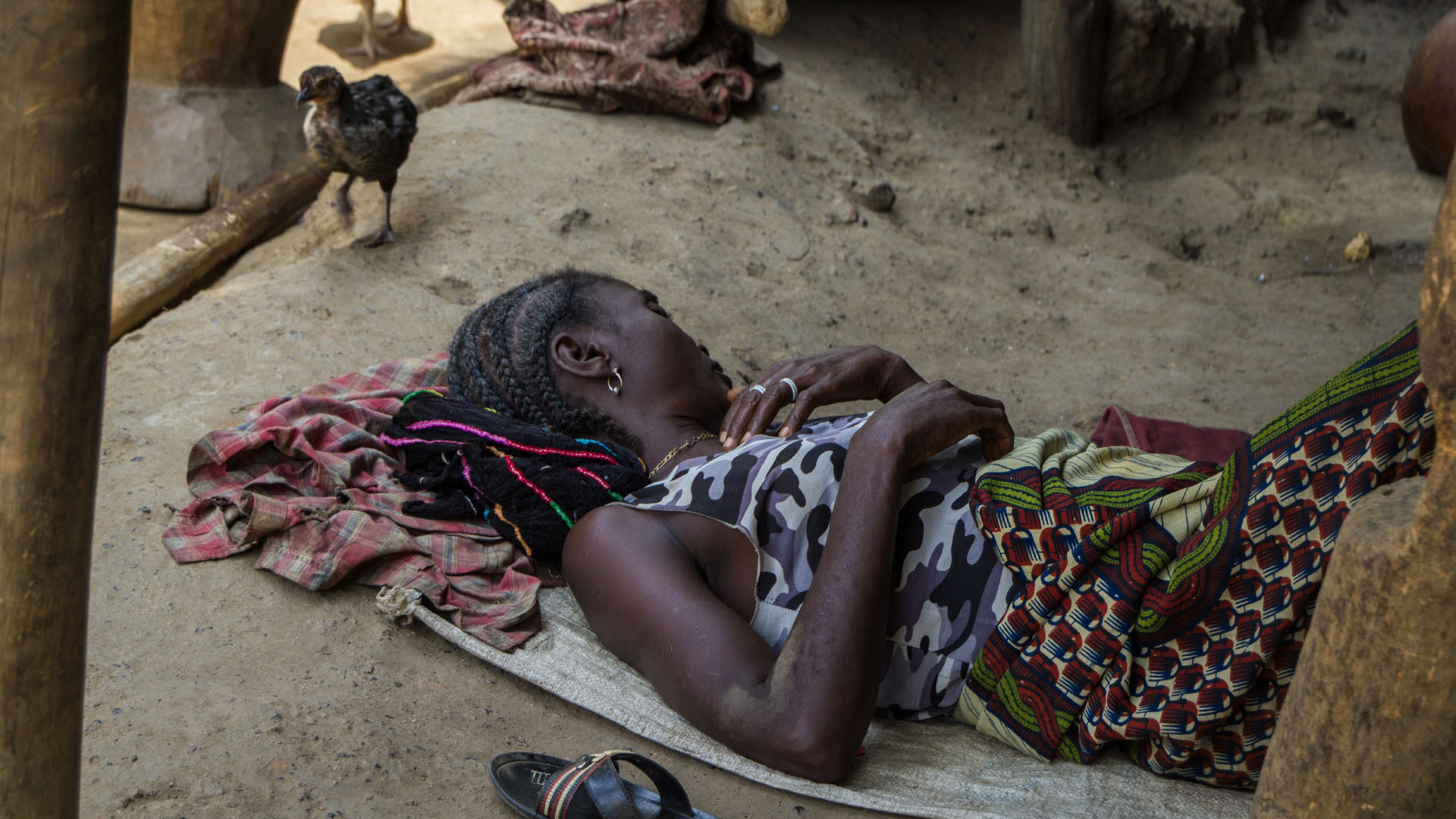World Challenge partners in Sub-Saharan Africa are faced with another outbreak of one of the worst diseases in modern history.
This June, the first Ebola deaths occurred in Uganda.
The infections in Uganda confirmed that the deadly outbreak has spread for the first time beyond the Democratic Republic of Congo.
Border towns in Kenya are on high alert, as health officials are forced to contemplate the possibility of Ebola passing over the Uganda border and spreading among Kenyans who have already been hit by one of the worst famines in years.
A Complicated Situation
World Challenge Director of Sub-Saharan Africa, Steve Voyen, recently traveled to Kenya and spoke with local partners who have been desperately working to help people in the D.R. Congo and are now considering how to spread preventative work to Kenyan villages.
This latest news has been discouraging and frightening for many locals and churches. Anxious reporters at The Star recently reported, “The current Ebola epidemic began in August last year in eastern Congo and has already infected at least 2,062 people, killing 1,390 of them.”
If the numbers weren’t alarming enough, workers are met with resistance from people who refuse to believe that Ebola isn’t witchcraft or a UN conspiracy to gain power over their country.
Some militant groups in the region have also decided to take this unrest as an opportunity for action, only adding to the upheaval.
Partners have sent in pictures of the already over-burdened Congo government’s crackdown that resulted in several “rebel” bodies being displayed in one of Beni’s prominent streets. The uncertainty and fear have caused masses of people to attempt fleeing the area, some of them potentially carrying Ebola with them as they go.
“The situation is really terrible. People are dying by the tens….” Noe, our partner in the D.R. Congo and Kenya, reports from what he’s seen for himself while working among the dying. “The situation is catastrophic.”
Working to Combat the Fear
Noe and his wife have both received the new Ebola vaccine, not only for their own safety but also to demonstrate to others that the treatment is legitimate.
However, they are often forced to watched as uncertain villagers refuse to approach UN workers and try to hide their loved ones who have fallen ill. Local trainers like Noe are working around the clock to host community lessons about Ebola so that people will seek help.
The team has devoted themselves to sharing the gospel and information about how hand washing and other simple health practices can help protect the innocent from this terrible disease.
“We need to continue teaching people….” Noe urges other believers, “We need to continue to provide water stations to save lives because [our work] is about saving lives, and that is the possibility of the church in the community.”
He firmly believes that Jesus’ life is a model for modern believers, fearlessly reaching out to the sick and showing them divine love that could save their souls.
At the end of the day, the gospel of Jesus Christ will be the only thing that can offer them lasting hope.
